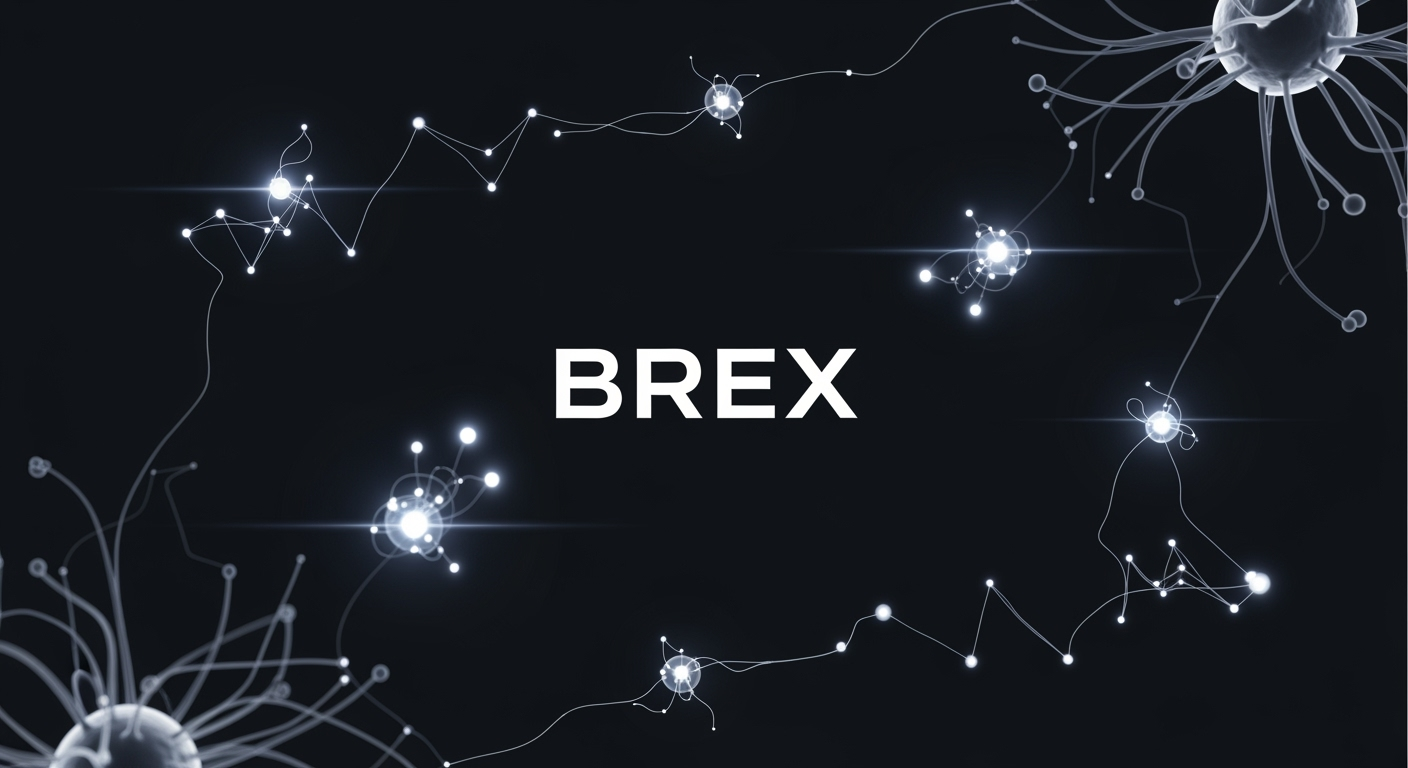Brex's AI Strategy: Agile Procurement & Embracing 'Messiness'

Brex's AI Strategy: Agile Procurement & Embracing 'Messiness'
In the rapidly evolving landscape of artificial intelligence, many companies struggle to integrate new AI tools efficiently. The pace of technological advancement often outstrips traditional, slow-moving corporate procurement cycles. Corporate credit card company Brex, a startup often facing similar challenges as its larger enterprise counterparts, found itself in this very predicament. Instead of getting left behind, Brex radically transformed its approach to software procurement, offering a valuable blueprint for agile AI adoption.
The Procurement Predicament
James Reggio, Brex CTO, revealed at the HumanX AI conference in March that their initial attempts to assess AI tools through standard procurement processes proved futile. Their usual months-long piloting process was simply too slow for the fast-paced AI market. "In the first year following ChatGPT, when all these new tools were coming on the scene, the process itself of procuring would actually run so long that the teams that were asking to procure a tool lost interest in the tool by the time that we actually got through all of the necessary internal controls," Reggio explained.
This realization prompted Brex to completely rethink its strategy. The company understood that clinging to outdated methods would mean missing out on crucial innovations.
A Radical Rethink: Brex's New Approach
Brex's solution involved a multi-faceted approach designed for speed and employee empowerment:
- Rapid Vetting Framework: They developed a new framework for data processing agreements and legal validations specifically for AI tools. This streamlined the vetting process, allowing potential tools to reach testers much faster.
- "Superhuman Product-Market-Fit Test": Beyond the initial pilot, Brex employs a unique test to determine which tools warrant long-term investment. This involves deeply engaging with employees who derive the most value from a tool, empowering them to influence adoption decisions. Reggio noted, "We go deep with the folks who are getting the most value out of the tool to figure out whether it is actually unique enough to retain."
- Delegated Spending Authority: Perhaps most innovatively, Brex grants its engineers a monthly budget of $50 to license any software tools they choose from an approved list. This decentralizes decision-making and fosters optimal workflow optimization. Reggio stated, "By delegating that spending authority to the individuals who are going to be leveraging this, they make the optimal decisions for optimizing their workflows." This bottom-up approach also helps identify where broader licensing deals might be beneficial based on actual usage.
Embracing the AI "Messiness"
Reggio's overarching advice for enterprises navigating the current AI innovation cycle is to "embrace the messiness." He acknowledges that figuring out which tools to adopt will inevitably be a bumpy process, and that's perfectly acceptable. "Knowing that you’re not going to always make the right decision out of the gate is just like paramount to making sure that you don’t get left behind," he emphasized.
The biggest mistake, according to Reggio, is "to overthink this and spend six to nine months evaluating everything very carefully before we deploy it. And you don’t know what the world is going to look like nine months from now." Brex's experience, with "1,000 AI tools within our company" and having "canceled and not renewed on maybe five to 10 different larger deployments," validates this agile, iterative approach.
Conclusion
Brex's proactive stance in adapting its procurement strategy for AI tools provides a compelling case study for businesses seeking to remain competitive in the fast-paced digital era. By prioritizing speed, empowering employees, and accepting the inherent unpredictability of emerging technologies, Brex demonstrates that agility and a willingness to "embrace the messiness" are key to successful AI integration.





